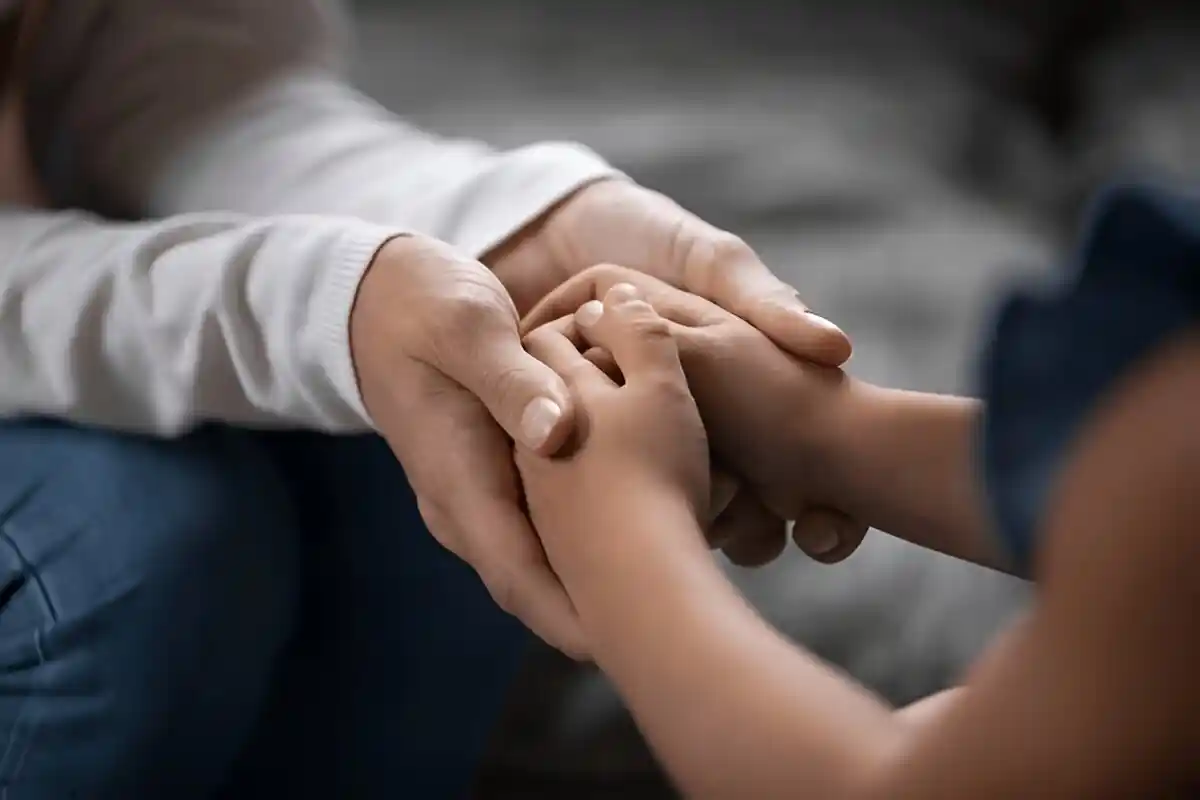In recent times, medical science has been very outspoken about the concerns of mental health in individuals and finding ways to give them a normal life. Unlike physical illness, mental illness is often hard to determine without professional knowledge or assistance, making it harder to seek counselling or medical treatment in time. To answer what is counselling, and how it became a revolutionary method for treating mental health problems, we need to study mental illnesses and how medical professionals use various practices, including counselling, to provide a patient-centric solution.
What is Counselling? Definition, Types & Process.
Counselling is broadly accepted to be a process for mental health professionals to connect with their patients and talk through their problems and walk them through a treatment process. If you are still debating what is counselling, it is a series of guidance sessions organised by mental health professionals to help patients overcome their emotional and mental distress.
In other words, it is a talking therapy where patients are allowed to say their part without the fear of judgement to trained professionals, in a safe and controlled environment, to overcome their issues or simply to explore their thoughts in a comprehensive way. The counsellor is required to have patience, to listen to their subjects in great detail without giving any suggestions.
Counselling can be of different types, especially based on the format chosen by patients, which they feel rather comfortable with. The format varies from session to session. Here are the most favourable counselling formats that patients usually go for.
Telephonic: As the name suggests, telephonic counselling sessions are usually conducted on the phone where the patient reaches out to mental health professionals at their convenience, from the comfort of their home. It is one of the alternatives for In-Person sessions.
In-Person: The in-person sessions are usually pre-booked by the patient, and they are required to visit the chamber at the scheduled time to meet the doctors. This is the most favourable method for patients to seek help and discuss their problems in great detail in a face-to-face encounter.
Group: For patients suffering from addiction and trauma with a similar experience to other victims, group counselling sessions are considered incredible for patients to find support. The group set-up allows for patients to share their stories without shame while other members of the group indulge in the same process, creating an empathetic outlet for all involved.
Online: Online counselling is technically a new thing in the mental health counselling field, especially during the COVID-19 era. Nonetheless, this sort of counselling practice is often described as an extension to the in-person or telephonic counselling sessions, allowing patients toseek help in person, or anonymously at the comfort of their homes.
| Type | Description |
| Telephonic | Conducted over the phone. Offers flexibility and privacy for those uncomfortable with in-person sessions. |
| In-Person | Face-to-face sessions are booked in advance. Preferred for deeper communication and personalised support. |
| Group | Involves multiple participants with shared experiences. Encourages mutual support and shared healing. |
| Online | Conducted via video or chat. Gained popularity post-COVID; allows access to professionals remotely. |

Why Students Should Learn About Counselling
Understanding counselling is not just for psychology students. Whether someone is studying education, medicine, law, social work, or management, a basic knowledge of counselling methods can significantly improve interpersonal skills and emotional intelligence. For students considering a career in mental health, this field offers a wide variety of specialisations, such as clinical counselling, school counselling, rehabilitation, trauma support, and crisis intervention.
Counselling is also a rewarding career path. Mental health professionals are increasingly in demand due to growing awareness about psychological well-being. Students can work in schools, hospitals, rehabilitation centres, NGOs, government agencies, or even private practice. For those interested in working internationally, qualifications in counselling can also open up global career opportunities, especially in areas like humanitarian aid, refugee support, and cross-cultural therapy.
Skills Students Gain Through Counselling Education
Studying counselling helps students develop important transferable skills—active listening, empathy, conflict resolution, and ethical decision-making. These are all essential qualities not only in counselling careers but in any profession that involves working with people. For example, students pursuing HR or management roles will benefit from understanding mental health in the workplace. Similarly, those in the educational landscape will be better equipped to support students’ emotional and behavioural development.
Moreover, counselling education encourages self-awareness. Through training, students often explore their own attitudes, values, and emotional triggers. This personal development is vital in building resilience and handling pressure, both academically and in their future careers.
| Skill | Application |
| Active Listening | Helps in understanding people more deeply, essential for any client-facing profession. |
| Empathy | Builds trust and rapport in both personal and professional relationships. |
| Conflict Resolution | Useful in workplaces, schools, and relationships to mediate and resolve disputes. |
| Ethical Decision-Making | Encourages responsible, respectful actions—critical in healthcare, law, and HR roles. |
| Self-Awareness | Enhances emotional intelligence and helps manage stress or pressure effectively. |
The History & Objectives of Psycho Social Rehabilitation
The process for any type of mental health counselling began way back in the early 1900s, however, rampant institutionalisation of mental health patients during the 60s and 70s renewed the stigma and created a fear among the general public. Since then, the process of diagnosing and treating mental health patients has evolved significantly, prioritising the comfort and convenience of the patient over other aspects.
A counsellor’s job in the 21st century revolves around providing their patients with a safe passage to speak their insecurities and fears, systematically reaching the root of the issue, instead of sending them to a confined institution. Today, a mental health counsellor has to develop good listening skills, the ability to build a warm relationship with the patient and analyse mental health, human behaviour, and work specifically around the issues that bother them the most.
Practical Training and Internship Opportunities for Students
Counselling is not only theoretical. Most recognised programmes include hands-on training and internships as a core part of the curriculum. This allows students to apply classroom knowledge in real-world environments. Placements might include working in school counselling departments, rehabilitation centres, community clinics, or helpline services. These experiences help students understand how to conduct assessments, maintain professional boundaries, and support individuals dealing with anxiety, depression, trauma, or substance use.
Students should look for programmes that offer a balance of academic study and practical exposure. A strong internship experience can often lead to future job offers or valuable professional references.
Future Scope and Career Pathways in Counselling
For students thinking long-term, the scope of counselling is vast. After completing an undergraduate or postgraduate programme, one can pursue professional certifications, specialise in areas like child psychology or addiction counselling, or even go into research. There is also growing demand for counsellors in corporate wellness programmes, digital health platforms, and schools.
Furthermore, with increased mental health awareness, organisations are hiring trained professionals not only to help clients but also to design wellbeing policies, run workshops, and create content for awareness campaigns. Counsellors can work independently, as part of multidisciplinary teams, or in academic institutions, guiding the next generation of practitioners.
Why JIBS has the Best M.Sc. in Psycho-Social Rehabilitation Programme?
The M.Sc. in Psycho-Social Rehabilitation is an academic programme dedicated to understanding disability caused by mental health disorders from the core, and facilitating a treatment process that can effectively help the patient. The course is layered with lectures, discussions, and real-world application of knowledge through clinical and fieldwork.
So, when asking ‘What is counselling?’, it is important to give some context, as every case is unique and the process and treatment differ significantly based on the condition and diagnosis of the patient. The master’s degree offered by the Jindal School of Behavioural Science also provides the license required for counsellors to practice in community centres, educational institutes, mental health clinics, hospitals, and government and non-governmental organisations.





